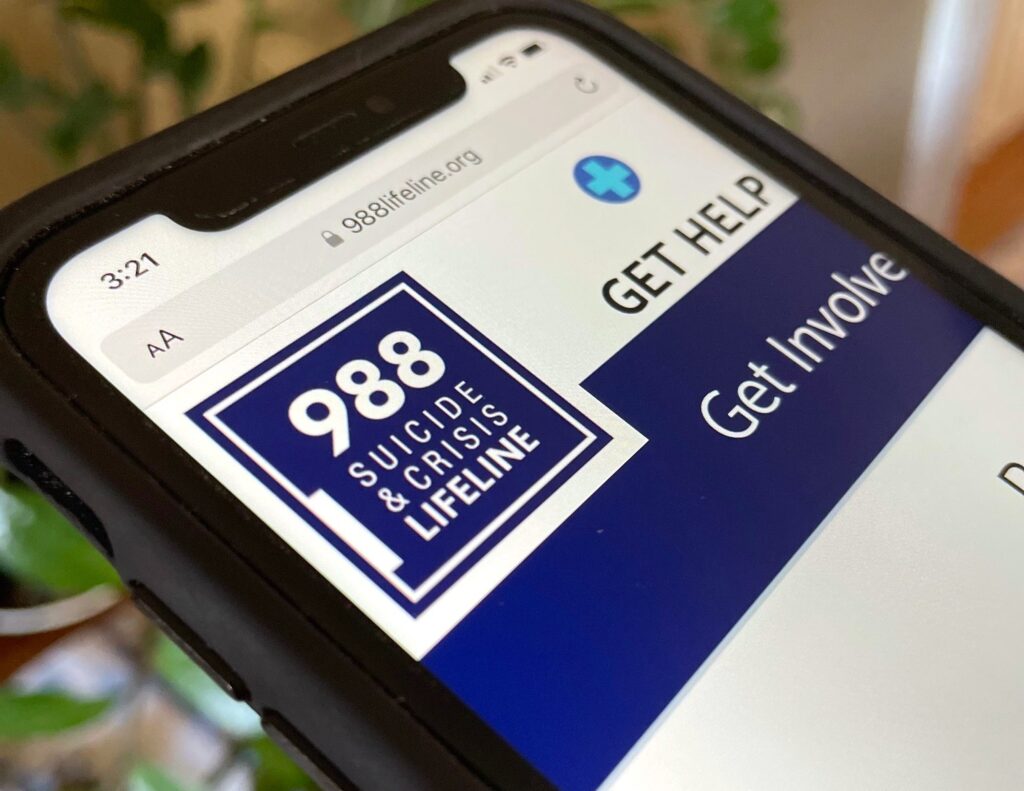Mental Health in Crisis: Oklahoma's 988 Lifeline Left Hanging by Legislative Inaction

Oklahoma's 988 Crisis: When Saving Lives Becomes a Budgetary Afterthought
In a stark revelation of misplaced priorities, Oklahoma is failing its most vulnerable residents by neglecting full funding for the 988 mental health crisis hotline. This isn't just a bureaucratic oversight—it's a dangerous signal that human lives can be treated as expendable when budget discussions arise.
The 988 suicide prevention and mental health crisis line was designed to be a lifeline for individuals experiencing their darkest moments. Yet, in Oklahoma, this critical service is being undermined by insufficient financial commitment. What should be a robust, immediately responsive support system is instead becoming a fragile network with dangerous gaps.
State leaders' reluctance to fully fund this essential service speaks volumes about their understanding—or lack thereof—of mental health challenges. By treating crisis intervention as a negotiable expense, they're essentially saying that some lives are worth saving, while others can be left in the margins.
The consequences of this underfunding are not abstract. Each delayed response, each missed call, represents a potential life hanging in the balance. Mental health emergencies don't wait for budget meetings or fiscal negotiations, and neither should our commitment to supporting those in crisis.
Oklahoma must recognize that investing in mental health is not a luxury, but a fundamental responsibility. The 988 hotline isn't just a number—it's a promise of hope, support, and survival.
